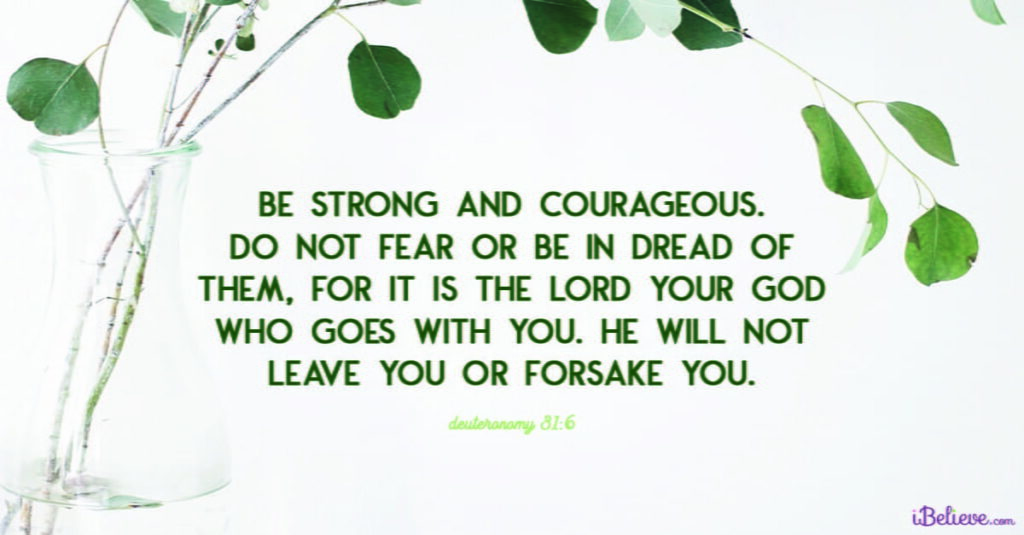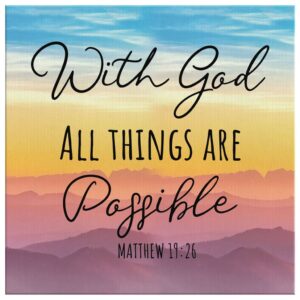Curriculum Religious Education has as its outcome:
“religiously literate and engaged young people who have the knowledge, understanding and skills – appropriate to their age and capacity – to reflect spiritually, and think ethically and theologically, and who are aware of the demands of religious commitment in everyday life”
Bishops Conference of England and Wales
Religious Education is at the heart of the school’s curriculum. The broad areas it covers are God’s self-revelation, Church, Celebration and Life in Christ. It is accorded the same status and taught with the same rigour as the core subjects of the National Curriculum.
Religious Education is developed and resourced with the same commitment as any other subject. In line with Bishops’ Conference recommendations, 10% of curriculum time is allocated to Religious Education. This does not include Collective Worship.
The content of the RE Curriculum derives from the Come and See Programme, the church’s liturgical year, local, national and international events and children’s personal interests.
A thematic, knowledge, skills and experience- based approach to learning enables children to make connections and link ideas and areas of learning.
The children experience Religious Education through:
- Participation in a variety of liturgies
- Sacramental preparation
- Experience of prayer
- Service to the Wider Community
- Curriculum Religious Education
RE, in all forms, is celebrated on the school blog at www.brwacademy.com and on the school’s Twitter account @BRWSchool. Staff and children post blogs to share news, events and celebrations with each other, parents and the wider community.
The Curriculum Directory for Catholic schools is used to guide and inform the teaching of Religious Education. It guides the structure of the Come and See programme, used for planning and informs the process of each topic, opened up through; Explore, Reveal and Respond.







